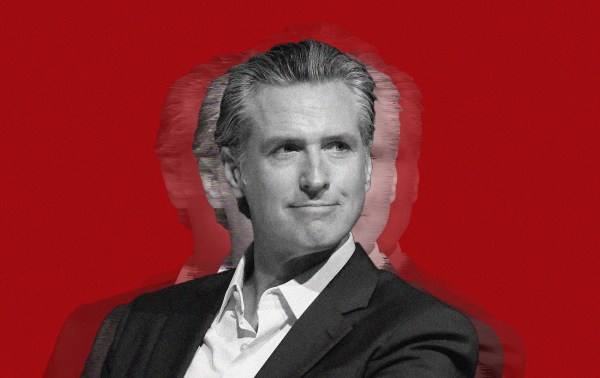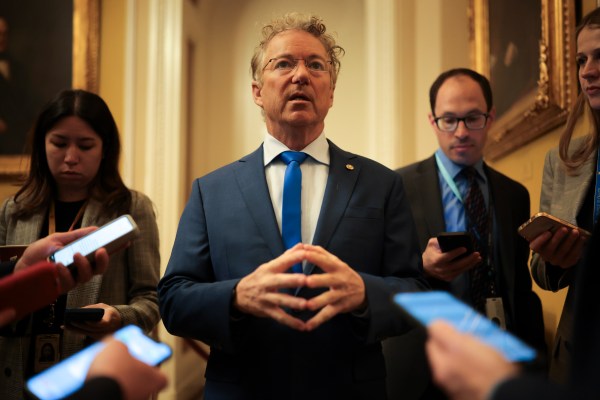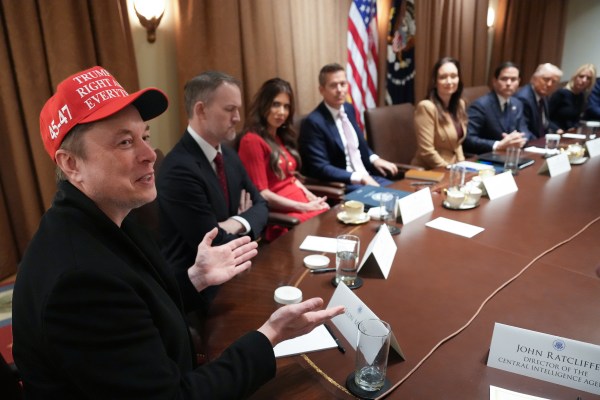Dear Dispatch readers,
As the ambitious Democratic governor of the largest state in the country, Gavin Newsom has long been touted as a potential 2028 presidential candidate. He ran for governor in 2018 California—and governed since then—as a self-styled leader of the resistance. So his post-election political maneuverings—seeming to move to the center on the issue of transgender rights and hosting MAGA figures like Charlie Kirk and Steve Bannon on his new podcast—has been a source of much curiosity in the press over the last month.
Newsom began the month of March by making national headlines when he told Charlie Kirk that it was “deeply unfair” to let biological men compete against women in sports, and he ended the month telling HBO’s Bill Maher that such competition was “fundamentally unfair.” He said the issue cost Kamala Harris dearly in the 2024 election.
The comments sparked a backlash from progressives, but it’s not clear that Newsom will gain much goodwill from the center or the right. Under pressure to do something, Newsom now admits that he doesn’t have any actual policy prescription to address the issue of transgender athletes. “We were trying to figure this out, and couldn’t figure it out,” Newsom says. “And that’s my point of view—that I just couldn’t figure out how to, quote, unquote, make this fair.”
Today on the website, I take a longer look at the potential 2028 Democratic presidential candidate’s curious messaging strategy following the Democrats’ 2024 defeat.
—John
Top Stories From the Dispatch Politics Team

Gavin Newsom’s Pivot to Nowhere

Senate Stammers Toward Reining In Trump’s Tariffs







Please note that we at The Dispatch hold ourselves, our work, and our commenters to a higher standard than other places on the internet. We welcome comments that foster genuine debate or discussion—including comments critical of us or our work—but responses that include ad hominem attacks on fellow Dispatch members or are intended to stoke fear and anger may be moderated.
With your membership, you only have the ability to comment on The Morning Dispatch articles. Consider upgrading to join the conversation everywhere.